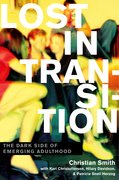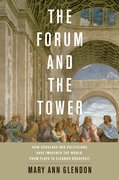Do bugs feel pain?
By Jeff Lockwood
It’s hard to know what any organism experiences. For that matter, I’m not even sure that you feel pain—or at least that your internal, mental states are the same as mine. This is the “other minds” problem in philosophy. At least other people can tell us what they feel (even if we can’t be certain that their experience is the same as ours), but we can’t even ask insects.

















